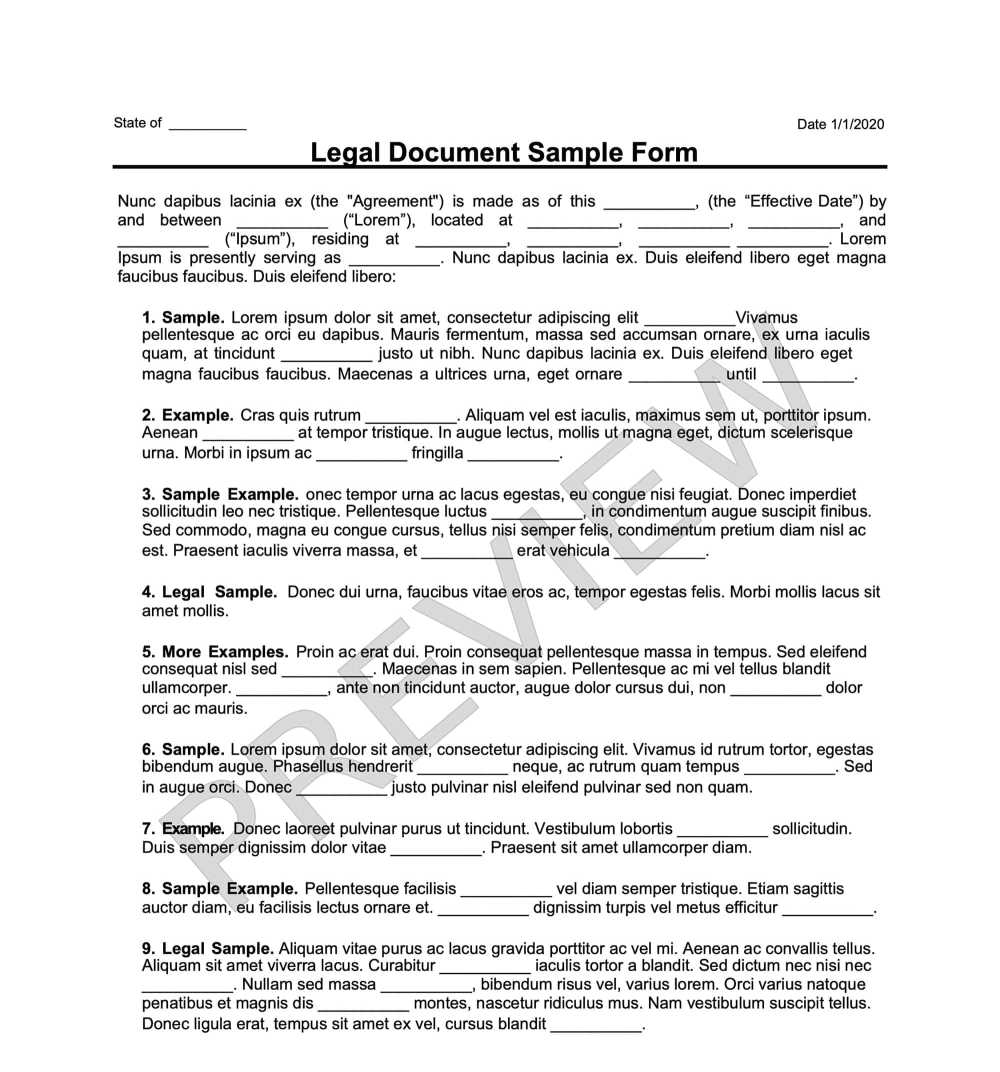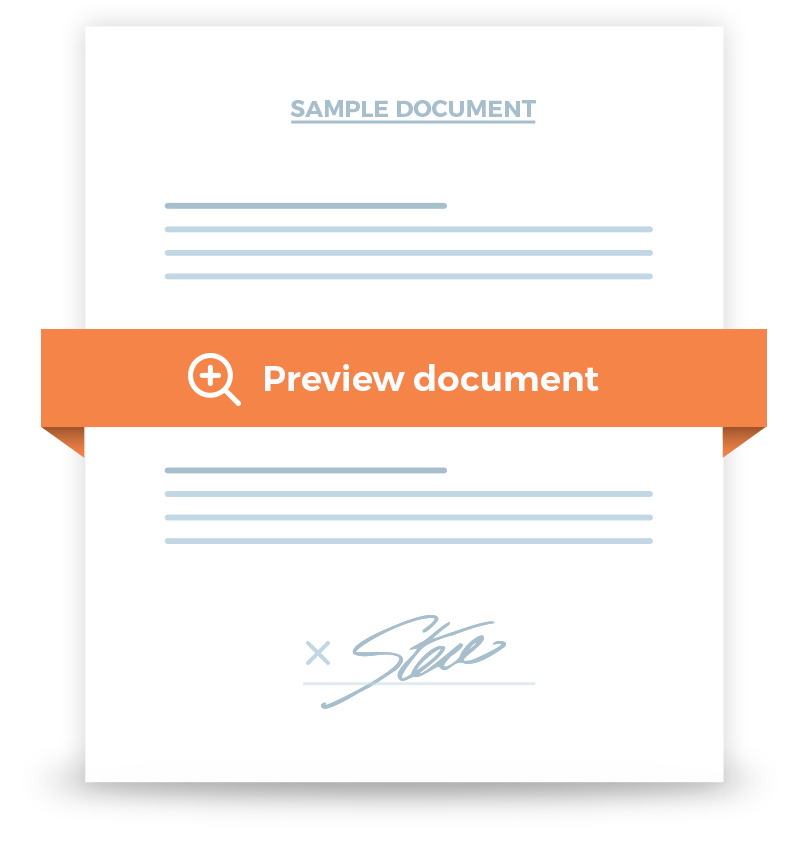Notice to Pay Rent or Quit
A Notice to Pay Rent or Quit is a landlord’s warning letter to a tenant about overdue rent.


Frequently Asked Questions
If the tenant fails to make good on the overdue rent in the allotted time specified in the Notice to Pay Rent or Quit, the landlord can elevate the matter to an eviction. The tenant may contact the landlord and ask for more time, but this is entirely the discretion of the landlord, who has the right to order the tenant to vacate the premises immediately.
Often, a landlord will decide to deliver the notice personally or leave it at the tenant's door. However, some states may specify how the notice has to be delivered, such as through a process server or sheriff or through the USPS with delivery confirmation.
In general, the landlord must refrain from any behavior that could be considered harassment. Landlords can hardly go wrong to remember to document everything thoroughly.
The grace period for rent collection is not arbitrary but dictated by state law. Depending on where you live, this time frame can be anywhere from 3 to 30 days. However, in some states like New Jersey and Georgia, tenants have to pay immediately or quit.
A landlord does not have to hire an attorney to write a Notice to Pay Rent or Quit. The tenant might see the need to hire an attorney if he or she has reason to believe that the landlord is in the wrong and wish to formally contest the amount assessed.




